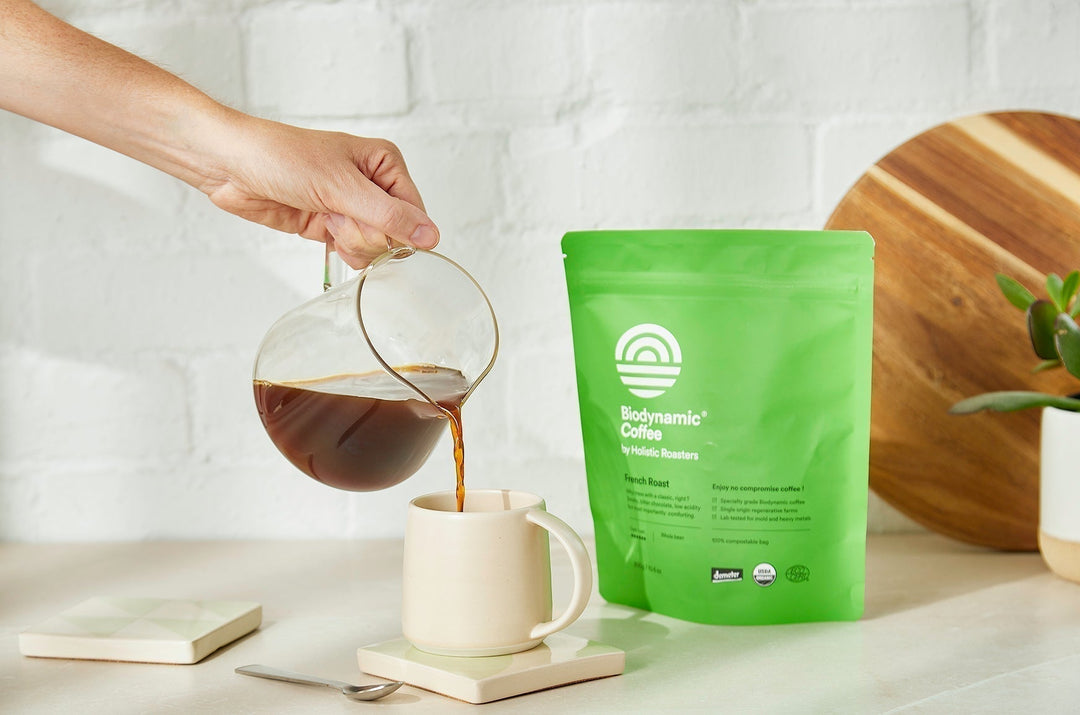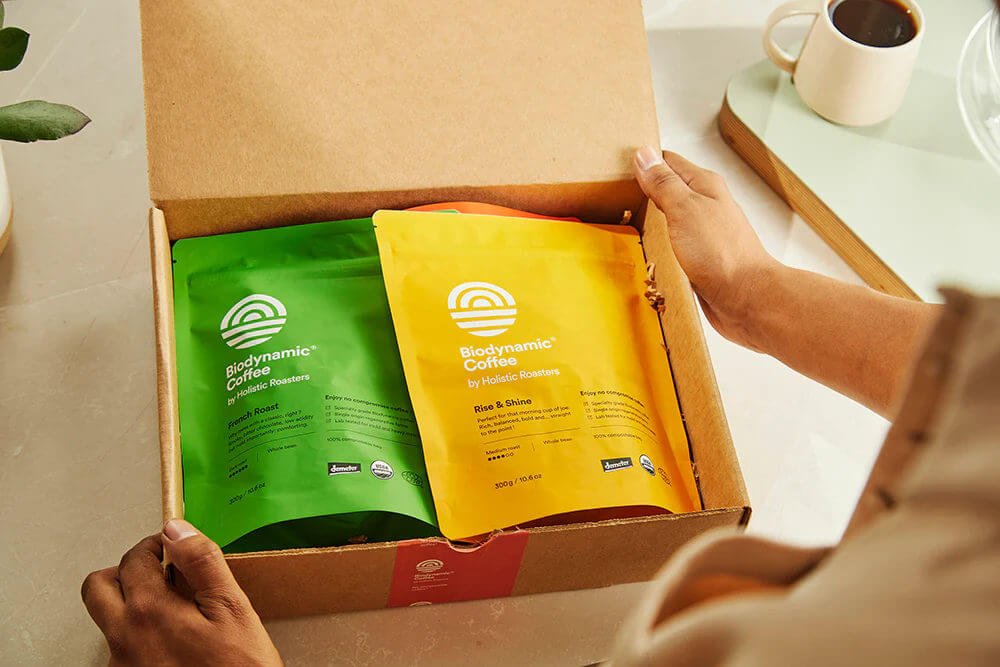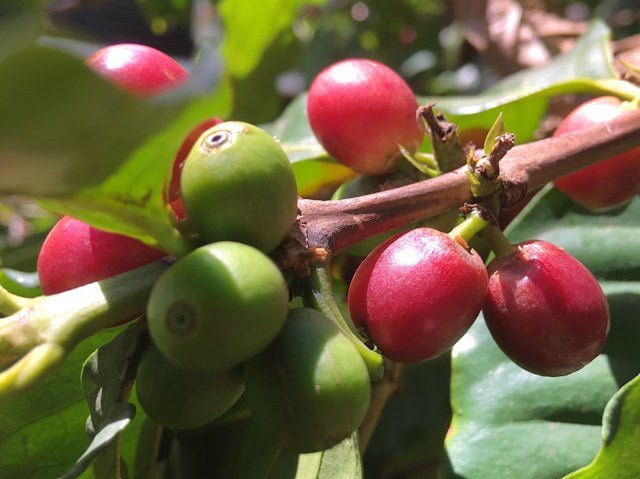Composting At Home: Tips, Tricks and Benefits!
Prefer to listen to this article?
Composting is a great way to reduce waste and create nutrient-rich soil for your plants. It's also surprisingly easy to do at home, so let's get started!
The Quick Scoop
Composting at home is a simple way to reduce waste while creating nutrient-rich soil for your garden. All you need is a ventilated bin, a mix of "green" materials (food scraps, grass clippings) and "brown" materials (leaves, paper), and a little patience. Turn the pile regularly, keep it moist but not soggy, and in a few months you'll have dark, rich compost that improves soil health and reduces your carbon footprint.
How to Compost at Home
Choose Your Compost Bin
You'll need a compost bin to get started. You can purchase one online or at your local garden store, or you can even make one yourself using a large container with a lid. Just be sure it's well-ventilated and has drainage holes.
Collect Compostable Materials
Start collecting compostable materials. This includes things like fruit and vegetable scraps, coffee grounds, tea bags, eggshells, yard waste (like leaves and grass clippings), and even shredded paper and cardboard. Avoid adding meat, dairy, and oily foods, as they can attract pests and slow down the composting process.
Layer Your Materials
Begin by adding a layer of dry materials (like leaves or shredded paper) to the bottom of your bin. Then, add a layer of wet materials (like food scraps or grass clippings) on top. Repeat this process, layering dry and wet materials until your bin is full.
Maintain Your Compost
Turn your compost regularly with a pitchfork or shovel to help speed up the decomposition process. You can also add water to keep it moist, but be careful not to over-water and create a soggy mess.
Harvest Your Compost
After a few months, you should have rich, dark compost ready to use in your garden or houseplants. Spread it over your soil or mix it in with potting soil for a nutrient boost.
Composting is a simple and rewarding way to reduce waste and create healthy soil. Happy composting!
Visual Guide to Composting
Are you a more visual learner? Watch this video to learn the basics of establishing your own backyard compost bin with Amy Smart & Kiss the Ground co-founder, Finian Makepeace:
About Finian Makepeace
Finian Makepeace is a pioneer in regenerative agriculture and carbon sequestration, who co-founded Kiss the Ground, an NGO that aims to educate and inspire people to regenerate the earth's soil. He is an author, speaker, and advocate for regenerative agriculture practices, including regenerative grazing, composting, and cover cropping. He is also known for his work in regenerative agriculture education, as well as his efforts to help farmers and ranchers transition to regenerative practices. He has written a book called "Kiss the Ground" and also appears in documentaries such as "Kiss the Ground" and "The Need to Grow".
6 Benefits of Compost
1. Promotes Higher Yields and Crop Resilience
Plants grown in compost-rich soil tend to produce higher yields and are more resilient against disease and environmental stressors.
2. Eliminates the Need for Chemical Fertilizers
Compost provides all the nutrients plants need naturally, reducing or eliminating dependence on synthetic fertilizers.
3. Improves Contaminated, Compacted, and Marginalized Soils
Compost can help remediate soils that have been damaged by chemicals, compaction, or erosion.
4. Enhances Water Infiltration and Water-Holding Capacity
Soil amended with compost absorbs water better and retains moisture longer, reducing irrigation needs.
5. Provides Carbon Sequestration
Compost helps store carbon in the soil rather than releasing it as CO2 into the atmosphere, helping fight climate change.
6. Provides an Essential Element for Regenerative Gardening
Compost is a cornerstone of regenerative gardening practices that build soil health over time.
Did You Know Compost has Superpowers?!
The Compost Connection to Coffee
At Holistic Roasters, our partner farms use composting as a key practice in their biodynamic and regenerative agriculture approach. Coffee plants thrive in compost-rich soils, developing deeper flavor profiles and greater resilience to climate change. Even coffee grounds make excellent compost material, completing the cycle from farm to cup and back to the soil!
Shop Biodynamic Coffee







